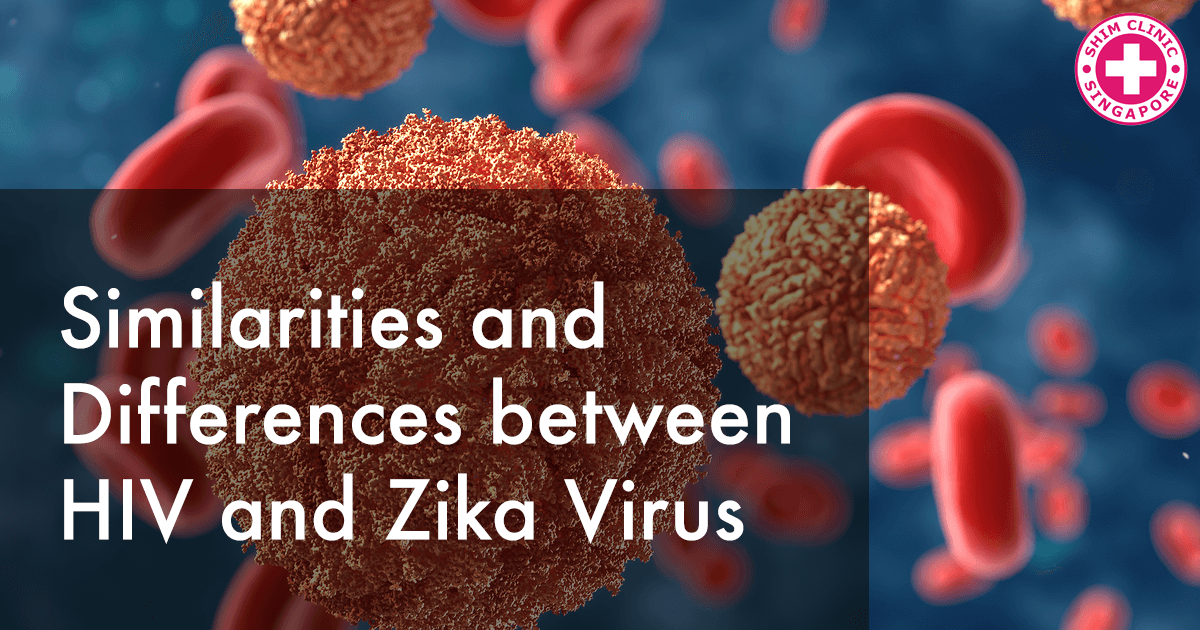Unless you’ve been hiding under a hole, you’re likely to have heard the news about the Zika virus outbreak. In trying to understand this new virus, scientists have been comparing the virus to the HIV pandemic and the recent Ebola epidemic.
What Is Zika Virus?
This is a disease caused by the Zika virus. As recorded by the U.S. Centers for Disease Control and Prevention (CDC), the virus is transmitted when a person is bitten by an infected mosquito. Some of the popular Zika symptoms include red eye, rash, joint pain, and fever. These symptoms are usually not so serious and will stay on for several days or a week.
Zika is currently not considered fatal and the symptoms are not bad enough to make you go to the hospital. However, the virus has been connected with Guillain-Barré syndrome. This is a disorder that causes your immune system to attack and damages its own nerve cells. Zika virus has also been linked to birth defects such as microcephaly. This is a serious birth defect in which babies are born with heads that are much smaller than normal. Unfortunately, doctors are yet to figure out how Zika causes Guillain-Barré syndrome or the birth defects.
How Zika does it Compare with HIV?
1. Transmission
- Mosquito Bite: Zika is mainly transmitted through mosquito bites. HIV, is, however, primarily transmitted through unprotected sex with an infected person and not through a mosquito bite.
- Transmission Through Sexual Contact: Zika was recently considered an STD because there’s evidence that the virus can be transmitted sexually. Research on this is still developing. HIV has long been classified as an STD because it’s transmitted sexually. However, available treatment for HIV-positive people has been proven to drastically reduce the viral load, reducing the risk of transmission to almost zero. HIV-negative individuals can also get pre-exposure prophylaxis (PrEP), a treatment that greatly reduces the risk of transmission.
- Mother to Child Transmission: In rare conditions, Zika virus can be passed on from an infected mother to their unborn child during birth. No cases have been reported of the Zika virus being transmitted through breastfeeding. Numerous cases have been reported of HIV being transmitted from mother to child during birth and breastfeeding. Fortunately, great strides have been made in medicines and it’s now possible to prevent mother to child HIV transmission.
- Blood Transmission: Both HIV and Zika viruses can be passed on from one person to another through blood transfusions.
- Saliva and Urine Transmission: There have been reports of traces of active Zika virus in saliva and urine. There’s however, no proof of possible transmission of the virus through saliva and urine. Research shows that HIV is not transmitted through saliva and urine.
2. Symptoms
Most common Zika symptoms include mild fever, rash, red eye and joint pain. The symptoms clear off within a few days or a week at most. HIV symptoms, on the other hand, include chills, fever, rashes, and night sweats. There are people who go for years without showing any HIV symptoms. Therefore, it’s important to go for regularly HIV testing.
While HIV has been in existence for years, Zika is a new occurrence that doctors and scientists are still trying to understand. However, due to lack of proper information people have been likening the two viruses. It is thus important to fully understand the similarities and the differences in order to accord both infections the proper care they deserve.


Pingback: Similarities and Differences between HIV and Zi...